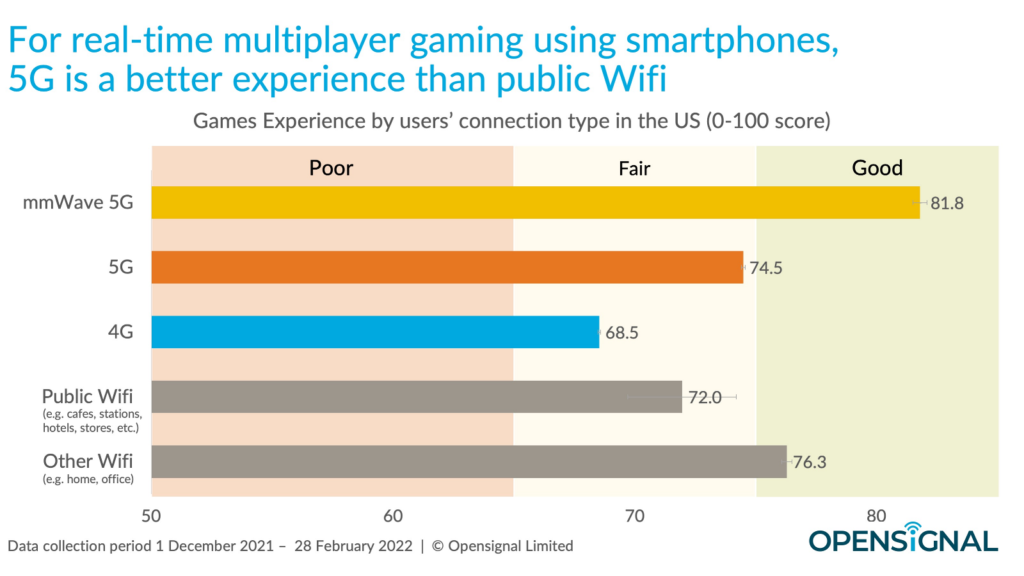Quantum computing has long been hailed for its potential to perform tasks that classical computers cannot handle. However, realizing this potential has proven to be a formidable challenge.
A groundbreaking study conducted by a team of researchers from JPMorganChase, Quantinuum, Argonne National Laboratory, Oak Ridge National Laboratory, and the University of Texas at Austin has achieved a significant milestone in the field of quantum computing. They have successfully demonstrated certified randomness using a 56-qubit quantum computer.
Scott Aaronson, Director of the Quantum Information Center at UT Austin, commented on the achievement, stating, “The experimental demonstration of my certified randomness protocol is a crucial step towards leveraging quantum computers for generating certified random bits for cryptographic applications.”
While Google researchers reached quantum supremacy last year, the challenge of harnessing this power for practical tasks remained. The team in this study tackled this challenge by employing random circuit sampling (RCS) to generate certified randomness, ensuring the output’s integrity even if the quantum computer is compromised.
Utilizing a 56-qubit Quantinuum quantum computer accessed over the internet, the researchers successfully created verified random bits using an RCS-based protocol. This protocol generates more random bits than it initially starts with, showcasing the potential of quantum computing.
Stable quantum bits
The protocol involves two key steps – challenging the quantum computer to solve random problems quickly and certifying the randomness mathematically using classical supercomputers. The team proved that classical methods cannot replicate quantum randomness, certifying over 71,000 entropy bits using high-performance supercomputers.
Marco Pistoia, Head of Global Technology Applied Research at JPMorganChase, hailed the achievement as a significant milestone in quantum computing, surpassing the capabilities of classical supercomputers. He emphasized the importance of certified randomness for various applications, including research, simulations, and cryptography.
“This development not only showcases advancements in quantum hardware but also opens up new possibilities for research and practical applications,” Pistoia added.
Journal Reference
- Liu, M., Shaydulin, R., Niroula, P. et al. Certified randomness using a trapped-ion quantum processor. Nature (2025). DOI: 10.1038/s41586-025-08737-1



